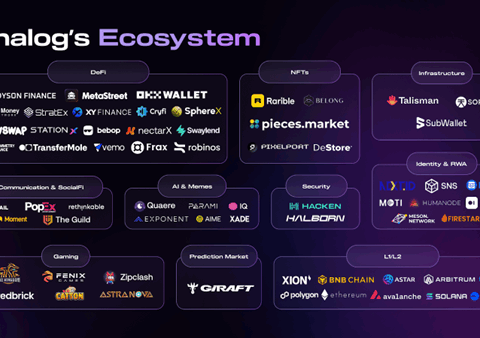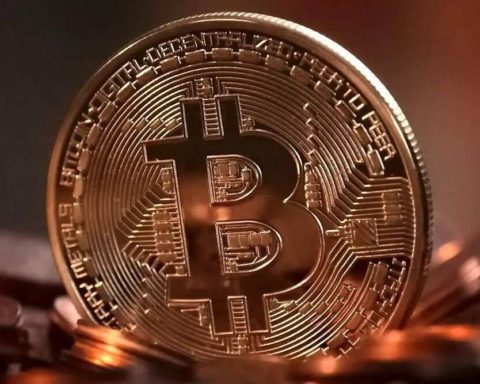Privacy advocates achieved a significant victory in June as Binance announced its reversal on delisting privacy coins for users in several European countries.
This decision means that traders in Italy, Poland, Spain, and France can continue trading privacy coins such as Zcash, Secret, Firo, Navcoin, MobileCoin, Beam, and PIVX.
The potential ban on these coins would have been a grave mistake.
Privacy coins provide individuals with enhanced transactional security, countering financial surveillance, and safeguarding user confidentiality.
In an era plagued by excessive surveillance and a lack of privacy, the significance of these coins cannot be overstated.
Privacy coins possess fungibility, making each unit interchangeable and resistant to censorship, which sets them apart from most other cryptocurrencies.
Losing these additional layers of security and anonymity would have been a considerable loss for the crypto community.
The increasing adoption of privacy coins in recent years is a response to stringent regulations.
Binance’s decision aligns with the European Union’s efforts to establish standards for digital assets through the Markets in Crypto-Assets (MiCA) regulations.
As the European Securities and Markets Authority prepares to launch a MiCA consultation process in July, it is evident that Europe continues to shape the regulatory landscape for the crypto industry.
It is essential to recognize that privacy is a fundamental human right protected by the United Nations.
Article 12 of the Universal Declaration of Human Rights emphasizes the right to privacy and protection against interference.
This right should extend to the world of cryptocurrencies as well.
In the digital age, the need for privacy becomes even more critical as data exploitation risks escalate, and tech giants strive to control private information.
Binance’s decision reflects the delicate balance exchanges must maintain between regulatory compliance and users’ privacy needs, considering the varying international regulations they face.
Looking to the future, Binance’s decision, along with the regulatory pressure in Europe, may lead to increased demand and development within the privacy coins sector.
Paradoxically, this precedent could encourage other exchanges to reconsider their stance on privacy coins, potentially leading to wider availability.
This news highlights the power of community sentiment in shaping crypto policies and regulations.
Binance’s official statement acknowledged the influence of community feedback in their decision-making process.
It is crucial to understand and harness the community’s power to shape the future of the crypto industry.
The crypto community must unite and continue advocating for privacy, as it forms the foundation of Web3. As the Romans said, “ibi semper est victoria ubi est concordia”: There is always victory where there is unity.
Other Stories:
Shiba Inu (SHIB) Price Prediction For 2023 & 2025
U.S. Federal Reserve Certifies 57 Companies to Utilize ‘FedNow’ Instant Payments System
Cboe Resubmits Bitcoin ETF Application With Fidelity, Collaborates with Coinbase




